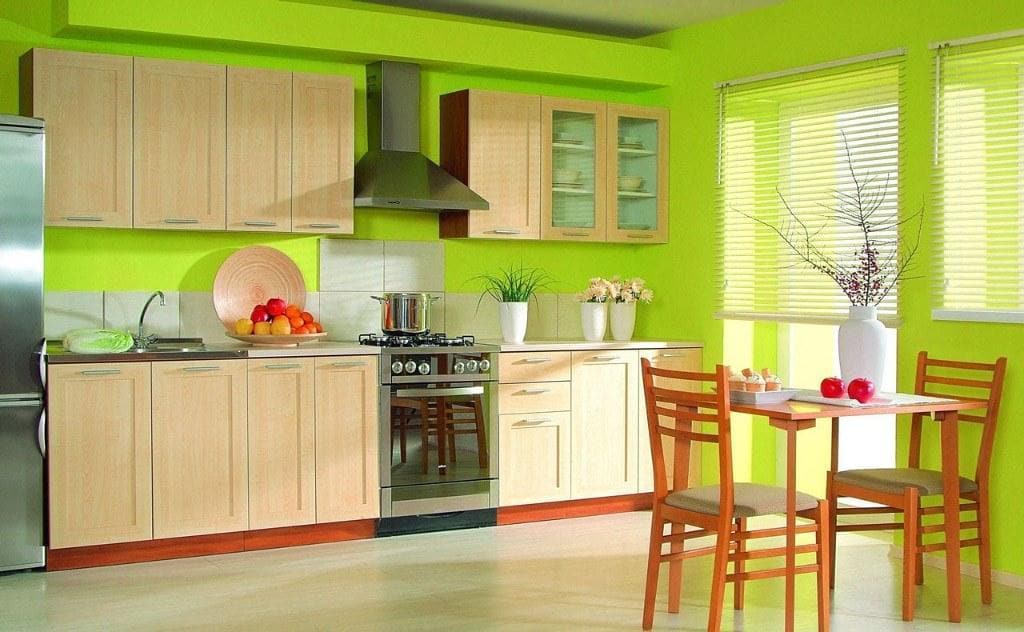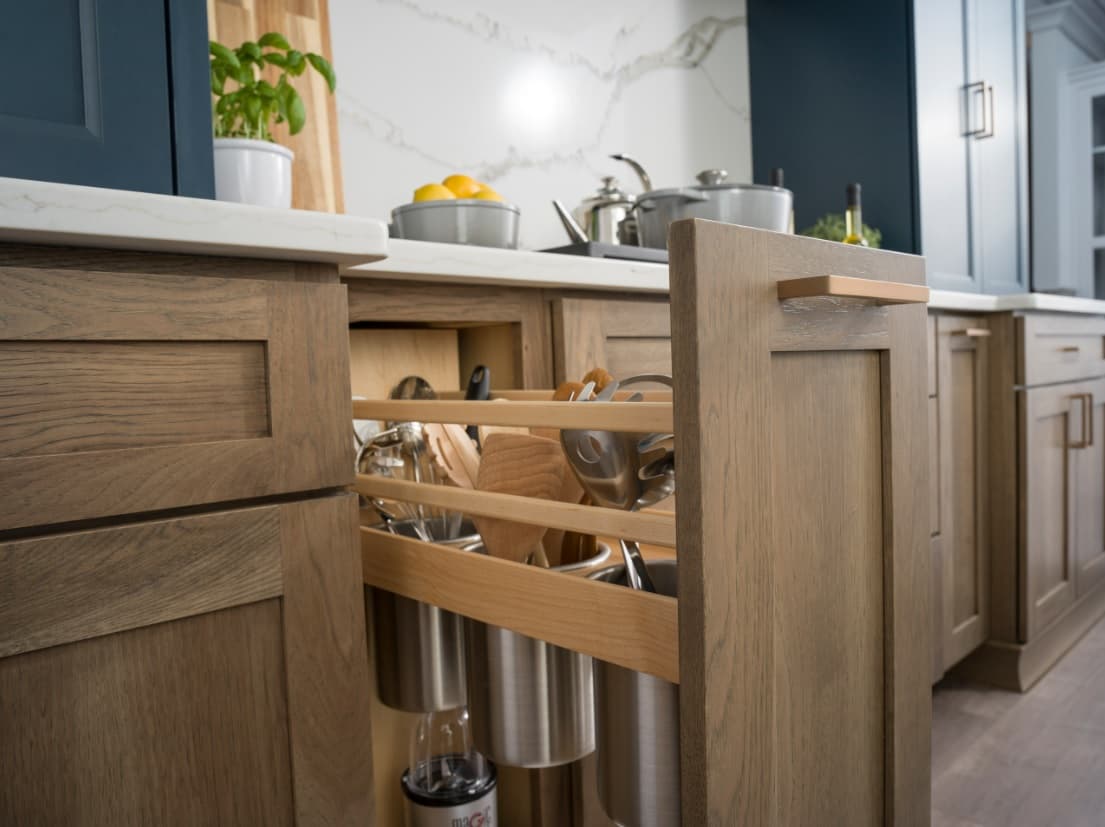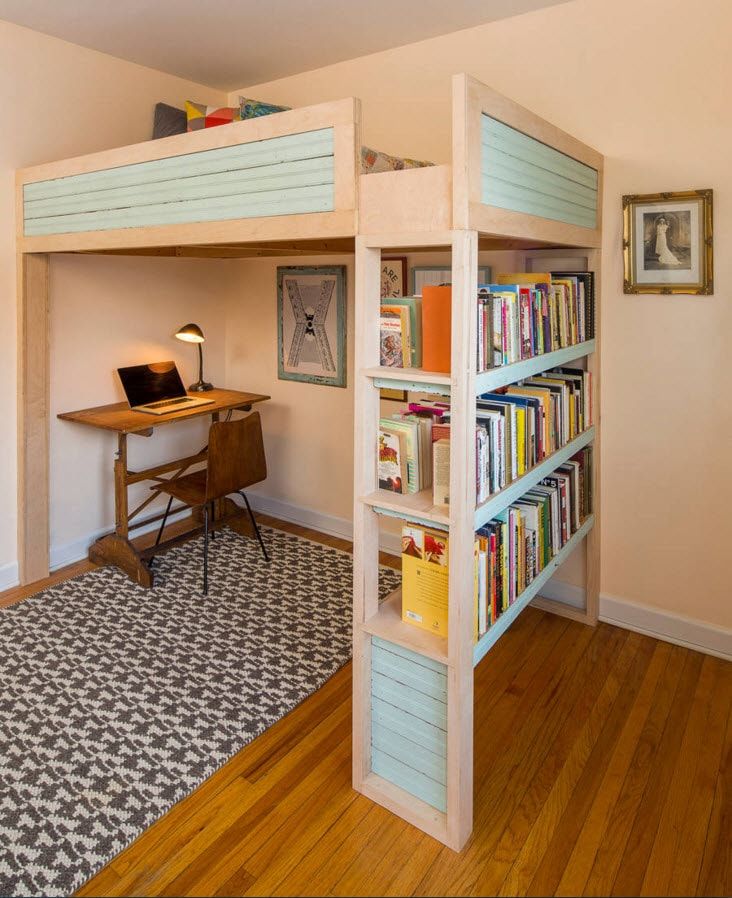Sustainable living has several implications for you and the planet. Firstly, it can help you create a healthier community and reduce living expenses. As far as the environment is concerned, a green lifestyle helps lower consumption and reduce greenhouse gas emissions in the atmosphere.
Wondering how you can introduce sustainability in your everyday life? While you can adopt countless sustainable practices, we’re focusing on the most efficient ways to create a green kitchen. Check out these simple ways to make your kitchen more environmentally friendly.
Invest in High-quality Cookware
High-quality cookware can last you a lifetime, and with proper maintenance, you can even pass them down to your children! Apart from durability, quality cookware enables efficient cooking by evenly distributing heat. Also, top-grade cookware is much easier to clean.
Get Rid Of Plastic Wrap
Plastic wrap is an essential thing useful for packing lunch, covering bowls, and storing leftovers. However, using so much single-use plastic isn’t the best news for the planet. Stop using plastic wrap and replace it with beeswax wraps or silicone wraps that can be reused for a long time. This simple swap will considerably reduce your daily plastic waste.
Use Reusable Grocery Bags
When you’re shopping for groceries, ditch the plastic bags, and carry your own reusable bag. This will further help you create a plastic-free kitchen.
Switch to a Green Energy
You can create a considerable difference by switching to a green energy plan. Usually, energy is generated by burning fossil fuels, which emits high levels of greenhouse gases. Therefore, compare electricity providers and find a suitable renewable energy plan for your home.
Cook Wisely
Instead of cooking a big batch of meals and throwing the leftovers away, start planning your meals ahead of time to minimize food wastage. And even if you do cook large quantities, properly store the leftovers and reuse them in creative ways.
Choose Eco-Friendly Cleaning Products
Every kitchen needs to be cleaned. However, many cleaning products contain toxic and non-biodegradable ingredients making them harmful to the environment. When shopping for cleaning products, look for eco-friendly and non-toxic products. You can also make your own natural cleaning products using household ingredients like vinegar and baking powder.
Use Plastic-Free Storage Containers
Avoid using plastic containers for storing ingredients, produce, and leftovers. Purchase cloth bags, silicone containers, and glass jars.
Start Composting
Stop throwing away food waste and instead start composting. By composting at home, you can enrich your plants without using chemical fertilizers. It also reduces methane emissions and helps lower carbon footprint.
Upgrade Outdated Appliances
Outdated appliances will take longer to get the job done and also waste more energy. Replace old appliances with energy-efficient appliances to reduce your energy consumption.
Minimize Appliance Use
Do you want to melt a jar of coconut oil? Instead of using the oven, keep it out in the sun to melt it naturally. Do you have a few dirty dishes? Wash and dry them by hand instead of running the dishwasher.
Avoid Preheating
Nearly every recipe asks for preheating the oven for a long duration. Plan out everything beforehand, so you don’t end up preheating longer than required. Also, many newer ovens with advanced technology don’t even need to be preheated.
Shop Local & Seasonal
These days you can find every fruit or vegetable at any time of the year. However, such produce is usually imported and transported over long distances. To avoid contributing to long-haul transportation, shop seasonal produce from local shops.
The Bottom Line
It’s absolutely possible to live your best without compromising the environment for future generations. Hopefully, the aforementioned tips inspire you to incorporate sustainability into your lifestyle.








